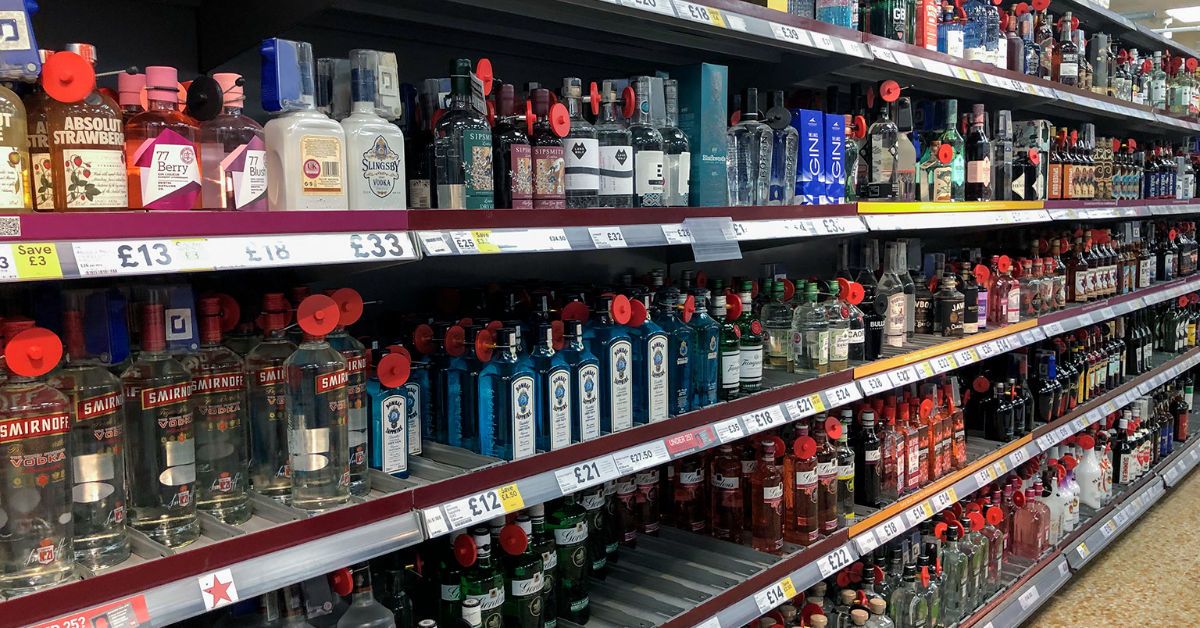An overarching plan is needed to increase transparency around spending on initiatives aimed at tackling drug and alcohol abuse, according to the Auditor General for Scotland.
In a report released on Tuesday, the watchdog said the Scottish Government must evaluate the cost effectiveness of its spending on drug and alcohol services, adding that a clear plan is needed to improve people’s lives and increase transparency around spending
In 2020, 1339 Scots lost their lives from drugs, while 1190 died solely because of alcohol, according to official figures.
Both have increased from previous years, and the figures on drug deaths have added to a national crisis which sparked a major Government response with First Minister Nicola Sturgeon pledging £250m over this parliamentary term to tackle the issue.
Audit Scotland said, however, that funding for drug and alcohol services needed to be more transparent with information on how much was being invested by the Scottish Government.
“More transparency is needed by the Scottish Government on how much is spent overall on drug and alcohol policy and services,” the report said.
“This includes more clarity on the different funding streams, which organisations are receiving funding, the purpose of funding and how decisions are made on prioritisation and distribution of funding.”
The report went on to urge the Scottish Government to use existing monitoring, as well as the recommended plan to “assess the cost-effectiveness of funding in drug and alcohol services and the level of investment in prevention needed to achieve maximum benefit”.
Auditor General Stephen Boyle said: “We’ve recently seen more drive and leadership around drug and alcohol misuse from the Scottish Government.
“But it’s still hard to see what impact policy is having on people living in the most deprived areas, where long-standing inequalities remain.
“Drug and alcohol data is not good enough, and there is a lack of transparency about how money is being spent and allocated.
“The Scottish Government needs to set out an integrated plan, with clear measures showing how extra spending is being used to reduce the tragic loss of life we’ve seen over the last decade.”
A spokeswoman for the Scottish Government welcomed the report, acknowledging that Audit Scotland expressed “some concerns”.
She said: “As the report recognises, the Scottish Government is investing significant leadership and investment into the national mission to improve and save lives, at the heart of which is ensuring everyone can access the right treatment and recovery for them.
“We are investing record sums in the provision of services to address the impacts of both alcohol and drug use. In 2021/22, we provided the first £50m of additional national mission funding, which will see an additional £250m invested over the life of the parliament to improve outcomes for people who are harmed by drugs, and their families and communities.
“We are also exploring the evidence around managed alcohol programmes and are pleased to be able to contribute to the running of the model being piloted in Glasgow by Simon Community Scotland and its evaluation.
“The report highlights the need for better and more up-to-date data to monitor progress.”
She added: “In December 2021, the minister for drugs policy announced £1.1m of new investment into public health surveillance projects to improve our real-time understanding of harms to enable better and faster responses.
“We will shortly be announcing a target to commence on April 1 which will increase the number of people in protective treatment for problematic drug use. We are also working with Public Health Scotland (PHS) to improve alcohol treatment data, including the development of PHS’s surveillance system.”
Tory drugs spokeswoman Sue Webber said the report was “utterly damning” for the Scottish Government, adding: “This report makes it clear that the SNP’s current strategies to help those struggling with addiction are simply not working.
Labour drugs spokeswoman, Claire Baker, said the Scottish Government should use “every power in our arsenal” to improve drugs services, adding: “We need a real plan and a public health response that will not just save lives but get people the help they need, when they need it, so we can tackle inequalities and help everyone lead fulfilling lives.”
Elinor Jayne, the director of Scottish Health Action on Alcohol Problems, also said the “same level of priority” should be given to the harms caused by alcohol.
She said: “There is no doubt that something needs to change in the provision of services for people with alcohol problems in Scotland, as the number of people who died because of alcohol increased to 1190 in 2020.
“While the focus for the past eighteen months has very much been on reducing the harms caused by drugs, we need to see the same level of priority for addressing the harms caused by alcohol, particularly as the Scottish Government has previously recognised the ‘twin public health emergencies of drug deaths and alcohol harms’.
“An overarching strategy that allows transparency and accountability would be a welcome step, but what we really need now is a clear vision of how the right services for people with alcohol problems are going to be provided, and more fundamentally, how Scotland is going to be a fairer place to live so that people currently living in the poorest communities are not continually subjected to a significantly higher risk of dying due to alcohol.”
Follow STV News on WhatsApp
Scan the QR code on your mobile device for all the latest news from around the country


 iStock
iStock
























